How Fathers Play the Perfect Role in Child Development?
- Importance of a Father in a Child’s Life
- What Is the Role of a Father in Child Development?
- Effects of a Father’s Absence
- FAQs
While society often paints the picture of a father as the sole breadwinner and the mother as the sole caregiver for the children, it is very important for a child to have both father and mother to play a role in their overall development. The role of the father in child development cannot be understated. While moms are usually the ones who take charge of the upbringing of the child as they are more nurturing, a father has a very important role to play if he wants his child to grow into a well-balanced adult. Fathers provide a unique perspective and support that complements the mother’s nurturing nature, contributing significantly to the emotional and social growth of their children.
Importance of a Father in a Child’s Life
Children with involved dads are likely to be more confident and emotionally secure and form better social bonds. Their educational outcomes are often better than children with dads who are less involved, and they are also more likely to have better communication skills and better intellectual functioning. The importance of a father in a child’s development is undeniable as children are able to learn to better regulate their behaviour during the playful and stimulating activities a father is more likely to provide.
What Is the Role of a Father in Child Development?
Here we look at the main reasons why it is important for a father to be involved in the development of a child:
1. Protector
An involved father provides his child a feeling of security, whether physical, emotional, mental or spiritual. When a child knows, his or her father will be there for him no matter what the situation is, it builds in them a sense of confidence, security and stability that can never be replaced.
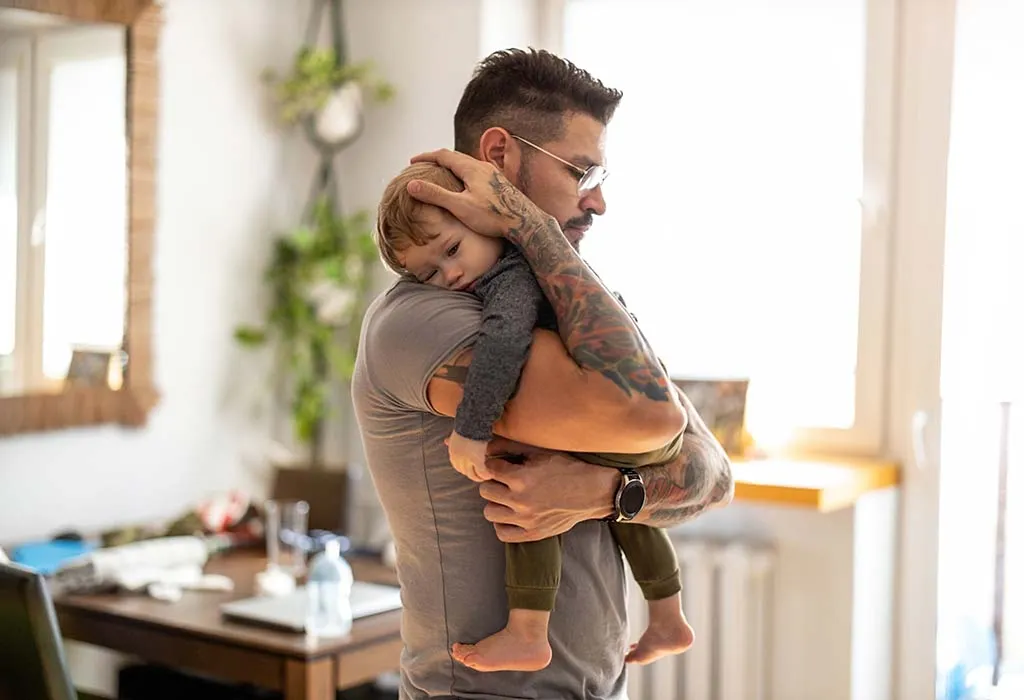
2. Educator
As the head of the family, a father must teach his children the basic principles and values for them to follow in their lives. It is the duty of a father to instruct his children about the code of conduct that needs to be followed while living in the society, also how to face the world and he must teach them to be disciplined, well-mannered and respectful. With a father playing his role well, a child will be more motivated to keep working on themselves.
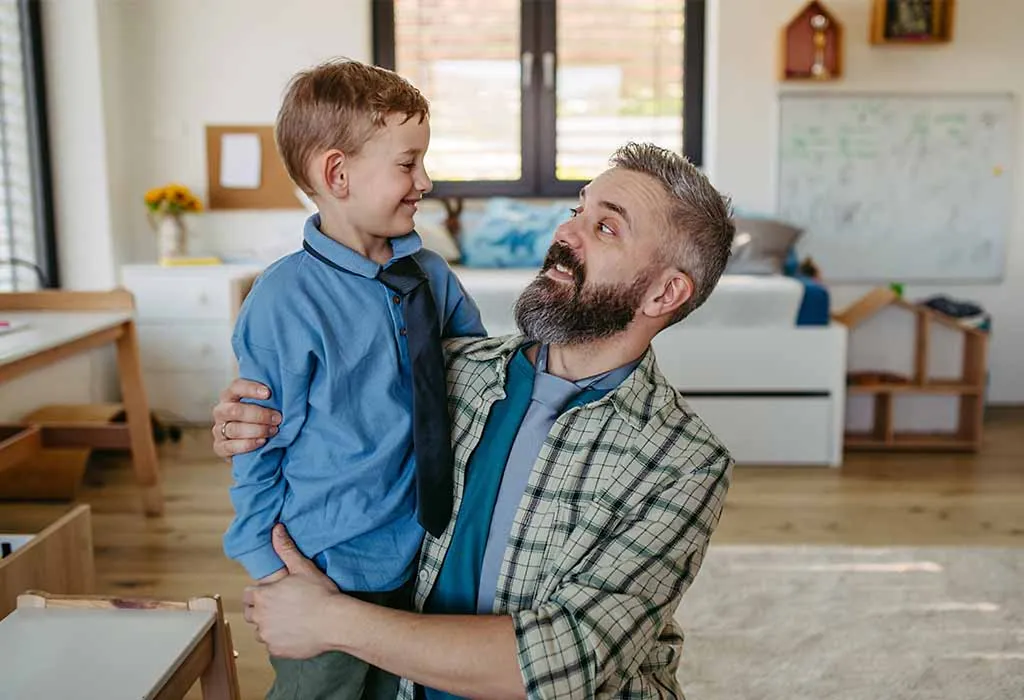
3. Role Model
Parents are always being watched by their children, observing what you do and how you treat others. A father is an important role model for his children as they will learn what a man should be from his example. His sons will imitate his behaviour and develop into men with similar characteristics as their fathers, and the girls will also use their fathers as role models, often seeking the same characteristics he displayed in the mate that they seek out when they are old enough. Fathers must always model good behaviour for his children so that their sons grow up kind, respectful and honourable towards the people around him. Daughters will be able to understand that a man should be kind, gentle and caring towards his woman yet strong and able to protect them.
4. Friend
Forming a healthy relationship with your child will set the stage for the two of you becoming friends as adults. Though it is always important to make sure that you set boundaries so that your children do not take advantage of you, having a close and friendly relationship with your children will make them less likely to stray from the right path and fall into undesirable habits. Children will be less likely to become depressed, and it is easier to guide your children when they are comfortable around you.

5. Entertainer
Fathers are more often the ones who are more involved in monkeying around with the children. They are more able to keep up with their kids during play as it is more taxing on the body. An involved father will enjoy having his children ride around on his back, play catch and other physical activities that can sometimes be strenuous. He can often teach them to solve problems during play and form strategies during play. Playing with children will help them to become more flexible, fit, build their muscles and develop better hand-eye coordination. Not only that, but children will also learn how to follow the rules and to be a good sport during playtime. All of this often helps them to form bonds with each other.

6. Counsellor
A father should not only be a friend and entertainer but should also be able to counsel his children if they ever need it. This is especially important for young boys, and when girls become confused as to why boys act a certain way, having their fathers there to explain things to them will help them to grow in their character and understanding. Your children should be open about their problems or difficulties so make sure to open up to them about your own childhood and the lessons you learnt while growing up. Help them to solve their problems with sensitivity and confidence, be they school-related or personal matters. Teach them the right way to handle a difficult situation and allow them to know that you are there for them, even if all you can do is hold them in your arms. All of this will help them learn how to solve their problems and will play a huge role in their emotional, mental and spiritual development.
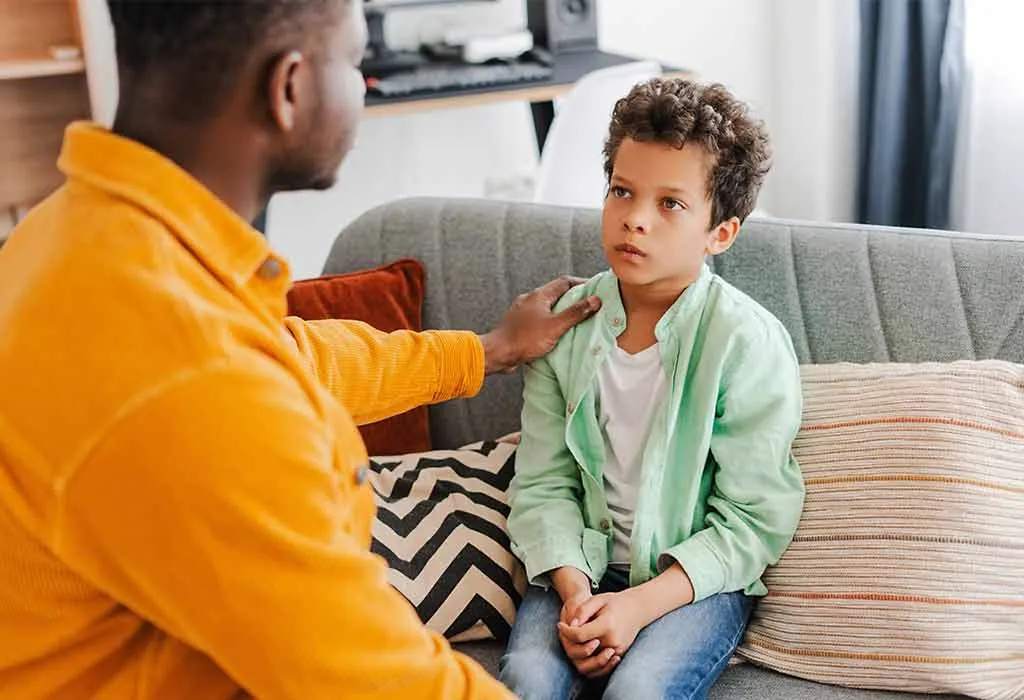
7. Trainer
Be the life coach that your children need and teach them the important life skills that they will need for when they are starting to find their own place in the world. Teach them to ride bikes, how to fix their broken toys, how to create things and how to swim. There are so many other things that a father can teach his children. Your children will look to you for guidance and will wait and work hard to earn your approval. Be encouraging and consistent and give them plenty of opportunities to earn your praise.

8. Partner
Being a good partner to your wife is a very good example to set for your children and something that is often overlooked. Not only will they be able to observe how a man and woman can work together to create unity and harmony in the home, but they will benefit from growing in such an environment. In homes where both the parents are not involved in the upbringing of the children, the balance is usually upset, and the children will become prone to guilt, anxiety and stress, which will often cause them to have poor health.

Effects of a Father’s Absence
The absence of a father can have a profound impact on a child’s development. Children without a father figure are more likely to experience a range of emotional, social, and cognitive difficulties. Here are some of the key effects:
1. Emotional and Behavioral Issues
Children who grow up without a father are at a higher risk of developing emotional and behavioral problems. This includes increased levels of aggression, anxiety, and depression. The lack of a father figure can lead to feelings of abandonment and low self-esteem, affecting the child’s overall emotional well-being.
2. Academic Challenges
A father’s absence is often associated with lower academic performance. Children in fatherless homes tend to have lower grades, poorer attendance, and a higher dropout rate. The lack of a father’s involvement in educational activities and encouragement can hinder a child’s academic success.
3. Social Difficulties
Without a father, children may struggle with forming and maintaining healthy relationships. They might find it challenging to develop social skills and exhibit difficulties in interacting with peers and adults. This can lead to social isolation and difficulty in establishing trust and connections.
4. Economic Hardships
The father’s absence often correlates with financial instability in the household. Single-parent families, particularly those headed by mothers, are more likely to experience economic hardships, which can limit the resources available for the child’s education, extracurricular activities, and overall well-being.
5. Higher Risk of Substance Abuse
Children from fatherless homes are at a greater risk of engaging in substance abuse. The absence of a father figure can lead to a lack of supervision and guidance, making children more susceptible to peer pressure and risky behaviors, including drug and alcohol use.
FAQs
1. Can a father’s presence influence a child’s career aspirations?
Yes, a father’s involvement can significantly influence a child’s career aspirations and achievements. Fathers who actively engage in their child’s education and extracurricular activities often instill a sense of ambition and motivation. Their guidance and support can help children set higher career goals and work diligently towards achieving them.
2. How does a father’s involvement impact a child’s ability to handle failure?
A father’s approach to dealing with setbacks can profoundly influence a child’s resilience and ability to cope with failure. Fathers who model perseverance and provide constructive feedback when their children encounter failure help them develop a growth mindset. This teaches children to view challenges as opportunities for learning rather than as insurmountable obstacles.
3. Can a father’s hobbies and interests shape a child’s extracurricular pursuits?
Yes, a father’s hobbies and interests can play a pivotal role in shaping a child’s extracurricular activities. Fathers who actively share their passions, whether it’s sports, music, or other hobbies, can inspire their children to explore and develop similar interests. This shared engagement not only strengthens the father-child bond but also encourages children to pursue diverse activities outside of academics.
4. What impact does a father’s cultural background have on a child’s identity formation?
A father’s cultural background can deeply influence a child’s sense of identity and belonging. Fathers who actively share their cultural traditions, languages, and values with their children help them build a strong cultural identity. This connection to their heritage can provide children with a sense of pride and continuity, enriching their personal and social development.
Men and women are not the same, and each of them have their roles to play in the upbringing of the children. This is why it is often very difficult for single parents to step into the role of both parents. The approaches that men and women have towards parenting are completely different, but when working together, can be a very good thing for your child. The bond between a father and child is precious, too. While mothers may be more cautious with their children, fathers tend to allow and even encourage their children to take healthy risks that will help in their growth and development. So don’t shy away from interacting more with your children; not only will you help them grow and develop into well-balanced adults, but you will create memories together that you and the kids will hold dearly in your hearts for your whole lives.
References/Resources:
1. Involved fathers play an important role in children’s lives; Institute for Research on Poverty; https://www.irp.wisc.edu/resource/involved-fathers-play-an-important-role-in-childrens-lives/
2. Fathers – Understanding the Vital Role That Fathers, & Father Figures, Play in Children’s Emotional Development ;Association of Child Psychotherapists; https://childpsychotherapy.org.uk/resources-families/understanding-childhood/fathers-understanding-vital-role-fathers-father-figures
3. Choi. J, Kim. H, Capaldi. D, Snodgrass. J; Long-Term Effects of Father Involvement in Childhood on Their Son’s Physiological Stress Regulation System in Adulthood (Developmental Psychobiology); National Library of Medicine; https://www.ncbi.nlm.nih.gov/pmc/articles/PMC8923429/; June 2021
4. #Dadtips: fathers’ unique impact on child development; Southwest Human Development; https://www.swhd.org/dadtips-fathers-unique-impact-on-child-development/
5. Yogman. M, Garfield. C, Bauer. N, et. al.; Fathers’ Roles in the Care and Development of Their Children: The Role of Pediatricians; American Academy of Pediatrics; https://publications.aap.org/pediatrics/article/138/1/e20161128/52467/Fathers-Roles-in-the-Care-and-Development-of-Their; July 2016
6. Amodia-Bidakowska. A, Laverty. C, Ramchandani. P; Father-child play: A systematic review of its frequency, characteristics and potential impact on children’s development (Developmental Review); Science Direct; https://www.sciencedirect.com/science/article/abs/pii/S0273229720300307; September 2020
Also Read:
How to Be a Good Father?
Why is the Father-Daughter Relationship is Important?
Father-son Activities to Strengthen the Relationship
Reasons Why Every Dad Is a Hero in His Child’s Eyes
Was This Article Helpful?
Parenting is a huge responsibility, for you as a caregiver, but also for us as a parenting content platform. We understand that and take our responsibility of creating credible content seriously. FirstCry Parenting articles are written and published only after extensive research using factually sound references to deliver quality content that is accurate, validated by experts, and completely reliable. To understand how we go about creating content that is credible, read our editorial policy here.







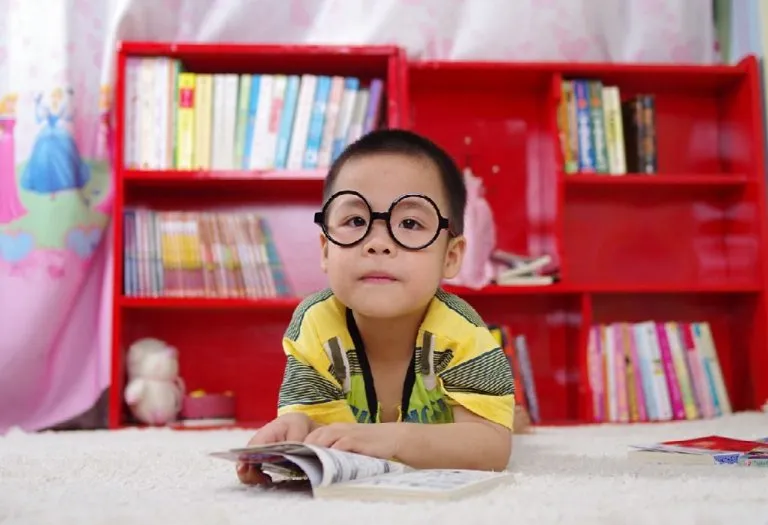
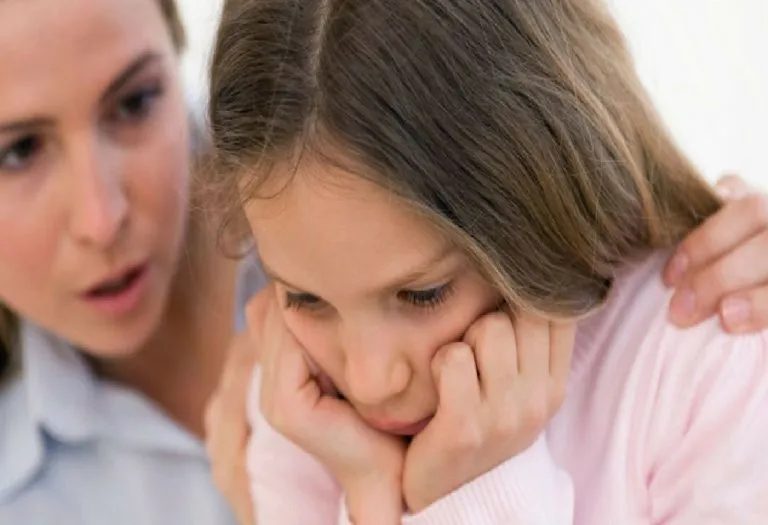
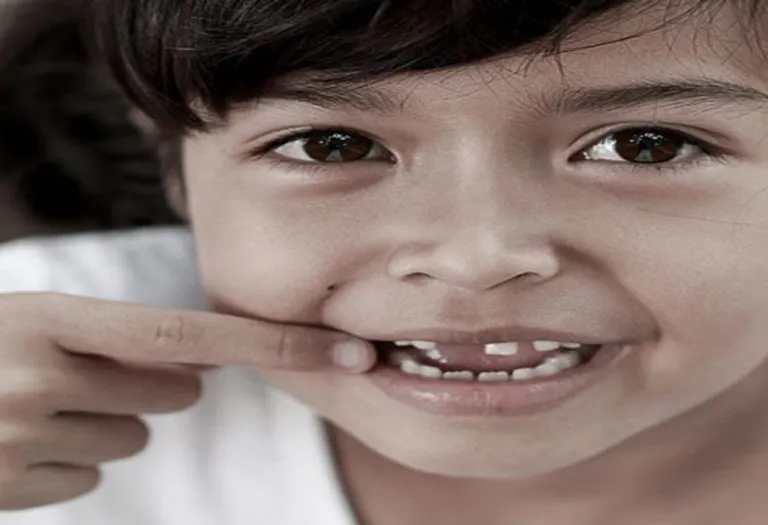
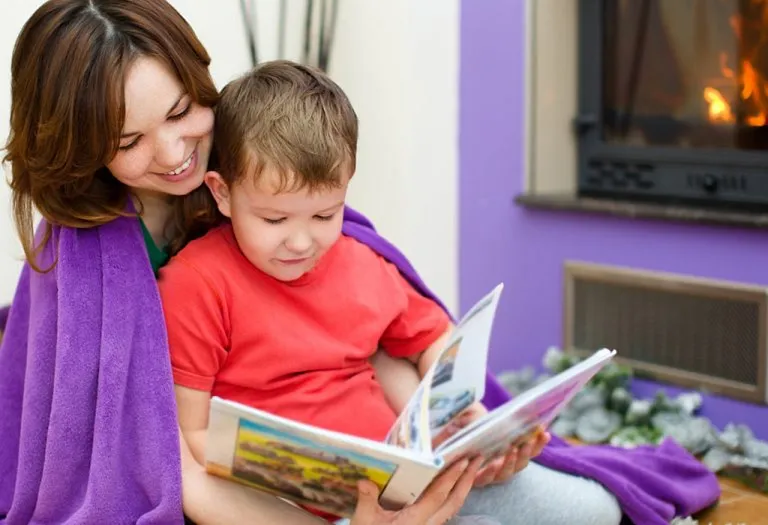



.svg)
















